Health & Care
Guinea Pig Essentials Must-Have Items for Your Furry Friend
Guinea pigs, also known as cavies, are adorable small animals that make great pets. They are gentle, sociable, and easy to care for, making them a popular choice among pet owners. However, like any other animal, guinea pigs have specific needs that must be met in order for them to live happy and healthy lives. As a responsible pet owner, it is important to provide your furry friend with the essential items they need. In this article, we will discuss the must-have items for your guinea pig and why they are important.
Seemore: Can Guinea Pigs Eat Zucchini? – Health Benefits And Drawbacks
Contents
1. Cage and Bedding
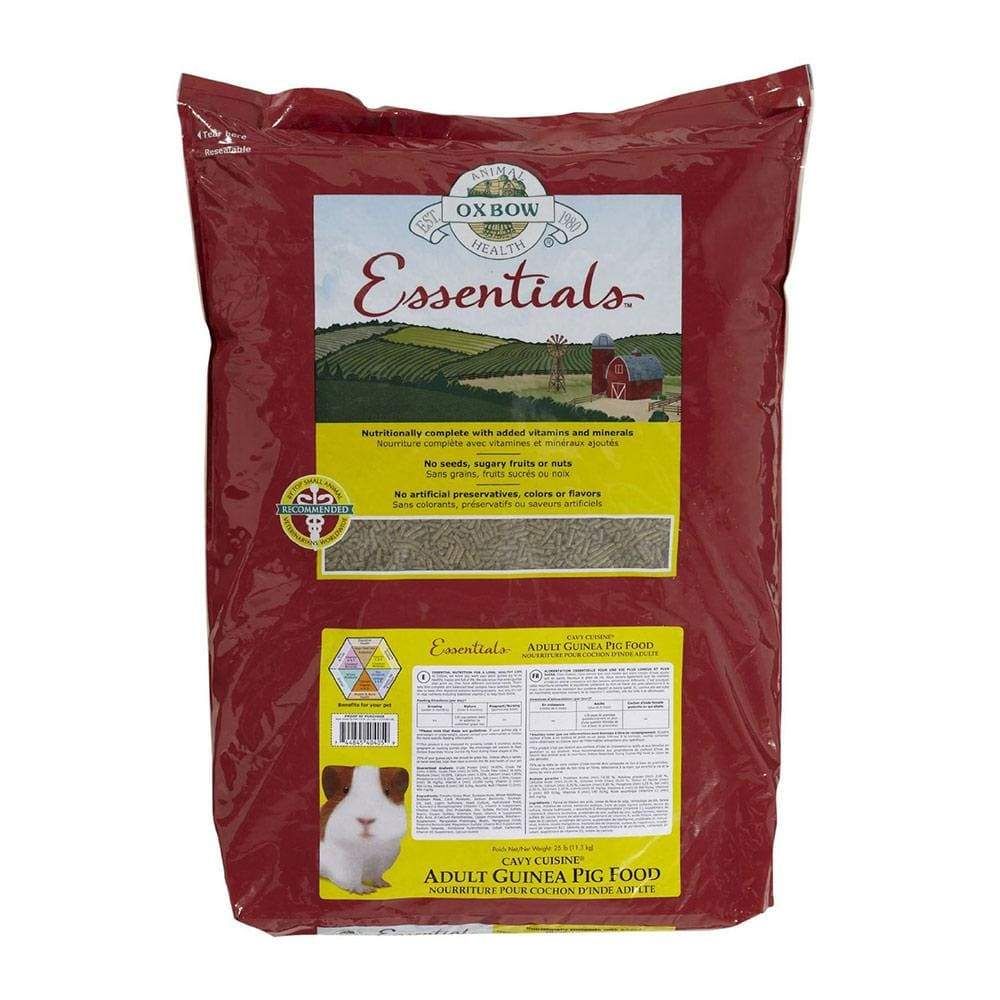
Cage
The first item on our list of guinea pig essentials is a suitable cage. Guinea pigs are active animals and require ample space to move around. A good rule of thumb is to have at least 7.5 square feet of space for one or two guinea pigs, with an additional 2.5 square feet for each additional guinea pig. The cage should also have a solid floor, as wire or mesh floors can hurt their delicate feet.
When choosing a cage, opt for one made of sturdy materials such as metal or plastic. It should also have a secure latch to prevent your guinea pig from escaping. Additionally, make sure the cage has good ventilation and is easy to clean.
Bedding
Next on our list is bedding. Guinea pigs love to burrow and hide, so providing them with a soft and comfortable bedding is essential. Avoid using bedding made of cedar or pine shavings as they can be harmful to your pet’s respiratory system. Instead, opt for paper-based bedding or fleece liners. These types of bedding are safe for your guinea pig and easy to clean.
Best Bedding Options for Guinea Pigs
- Carefresh Small Pet Bedding
- Kaytee Clean Cozy Small Animal Bedding
- GuineaDad Fleece Liner
2. Food and Water
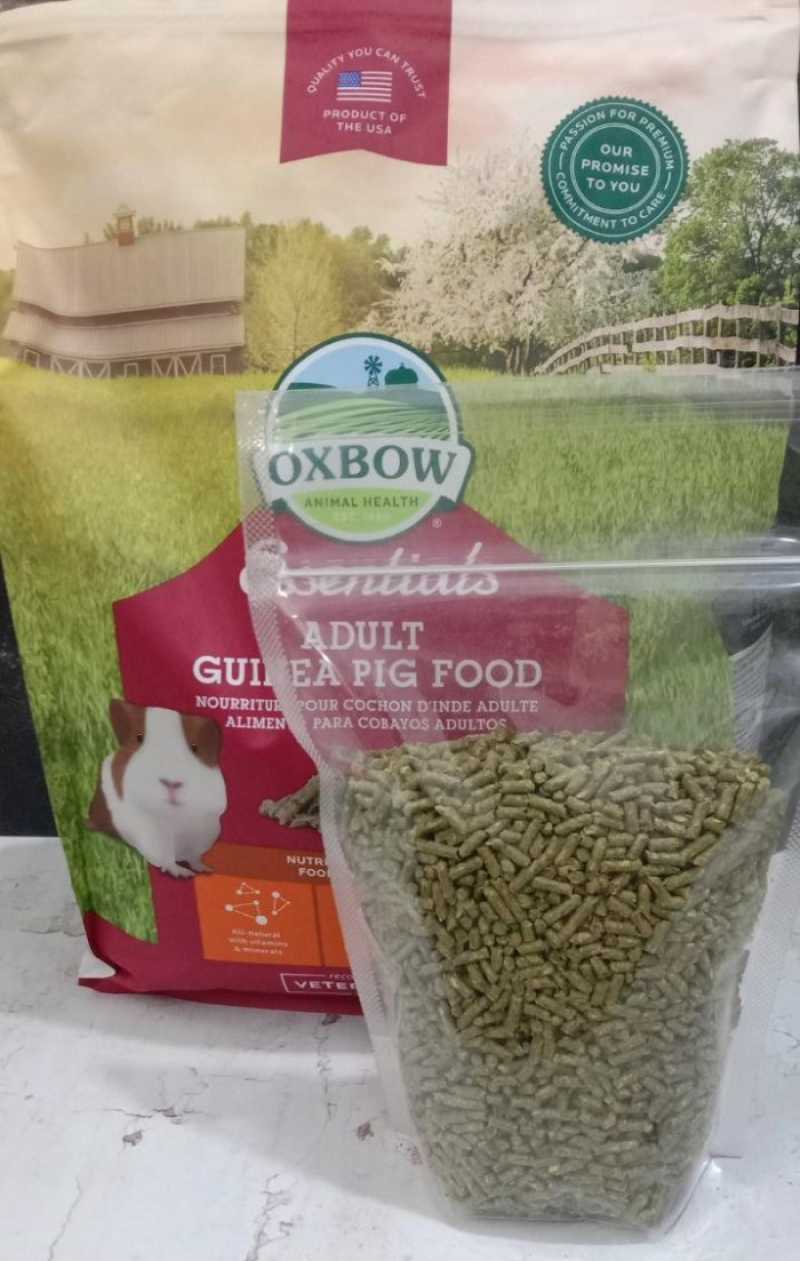
Food
A well-balanced diet is crucial for the health of your guinea pig. Their diet should consist of mainly hay, fresh vegetables, and a small amount of pellets specifically made for guinea pigs. Hay is an important part of their diet as it helps maintain good digestive health and keeps their teeth in check.
When purchasing hay, make sure it is fresh, green, and free from mold. Avoid feeding them alfalfa hay, as it is high in calcium and can cause health issues. Instead, opt for timothy or orchard grass hay.
Aside from hay, guinea pigs also need fresh vegetables to get the necessary vitamins and minerals. Some suitable options include leafy greens, bell peppers, carrots, and cucumbers. It is important to introduce new vegetables gradually to avoid stomach upset.
Water
Just like humans, guinea pigs need access to clean and fresh water at all times. A water bottle with a metal spout is the best option, as it prevents the water from getting contaminated. Make sure to change the water daily and clean the bottle regularly to avoid bacteria buildup.
Safe Vegetables for Guinea Pigs
- Romaine lettuce
- Spinach
- Cilantro
- Bell peppers
- Carrots
3. Hideouts and Toys

Hideouts
Guinea pigs are prey animals, so they naturally have a tendency to hide when they feel scared or threatened. Providing them with hideouts in their cage allows them to feel safe and secure. You can use store-bought hideouts such as wooden houses or tunnels, or get creative and make your own using cardboard boxes or PVC pipes.
Toys
Having toys in their cage not only provides entertainment for your guinea pig but also promotes physical and mental stimulation. Some suitable toys for guinea pigs include chew toys, tunnels, and puzzle feeders. Avoid using toys made of plastic or small pieces that can be easily swallowed.
DIY Hideout Ideas
- Cardboard boxes with holes cut out
- PVC pipe tunnels
- Paper bag caves
4. Grooming Supplies

Guinea pigs are naturally clean animals, but they still need help keeping themselves groomed. Regular brushing is important to remove loose fur and prevent hairballs. A soft-bristled brush specifically made for small animals is the best option.
Additionally, guinea pigs’ nails will need trimming every few weeks to prevent them from getting too long and causing discomfort. You can use specially designed nail clippers for small animals, or take your guinea pig to a veterinarian for nail trimming.
5. Health Essentials
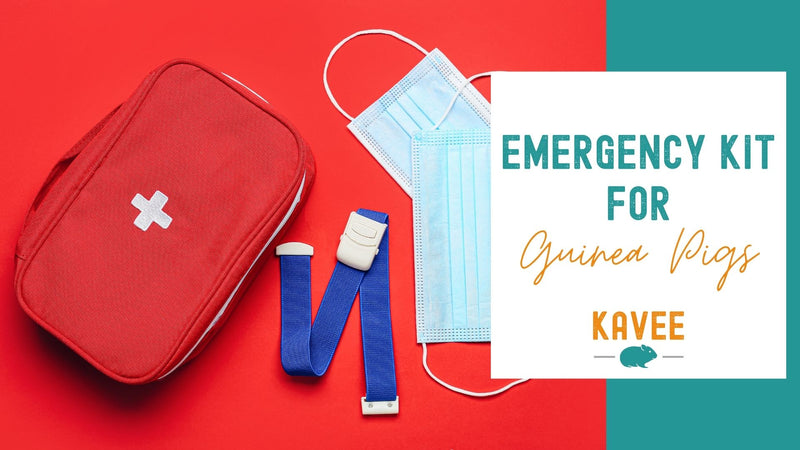
Despite their small size, guinea pigs are prone to certain health issues, so it is important to have some basic health essentials on hand.
First Aid Kit
Having a first aid kit specifically for your guinea pig is crucial in case of any minor injuries or illnesses. Your kit should include items such as gauze, bandages, antiseptic solution, and styptic powder. It is also a good idea to have the contact information of a reputable veterinarian who specializes in small animals.
Vitamin C Supplements
Guinea pigs cannot produce their own vitamin C, so it is important to supplement their diet with it. You can do this by providing fresh vegetables high in vitamin C or adding a vitamin C supplement to their water.
FAQs
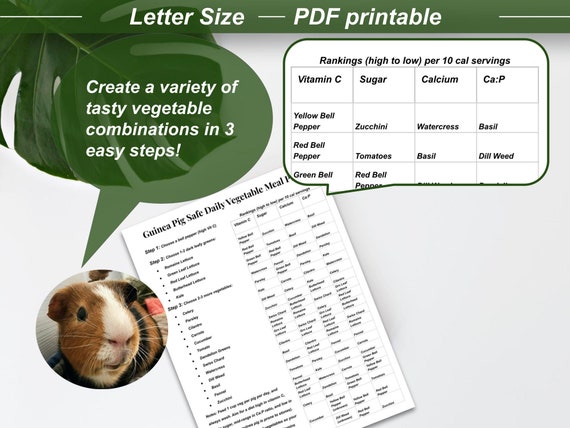
What temperature is safe for my guinea pig?
The ideal temperature range for guinea pigs is between 65-75 degrees Fahrenheit. They are sensitive to extreme temperatures, so make sure to keep them away from direct sunlight, drafts, and air conditioning.
Can I bathe my guinea pig?
Guinea pigs are clean animals and do not require baths. However, if your guinea pig gets dirty or has an illness that requires a bath, you can use a gentle shampoo specifically made for small animals.
How often should I clean my guinea pig’s cage?
It is important to spot clean your guinea pig’s cage daily and do a thorough cleaning once a week. This involves removing all items from the cage, cleaning and disinfecting it, and replacing the bedding.
Are there any plants that are toxic to guinea pigs?
Yes, some common household plants such as azaleas, lilies, and ivy are toxic to guinea pigs. Make sure to keep these plants out of reach of your furry friend.
Can guinea pigs live alone?
Guinea pigs are social animals and thrive in pairs or groups. It is recommended to have at least two guinea pigs together to prevent loneliness and promote proper socialization.
Conclusion
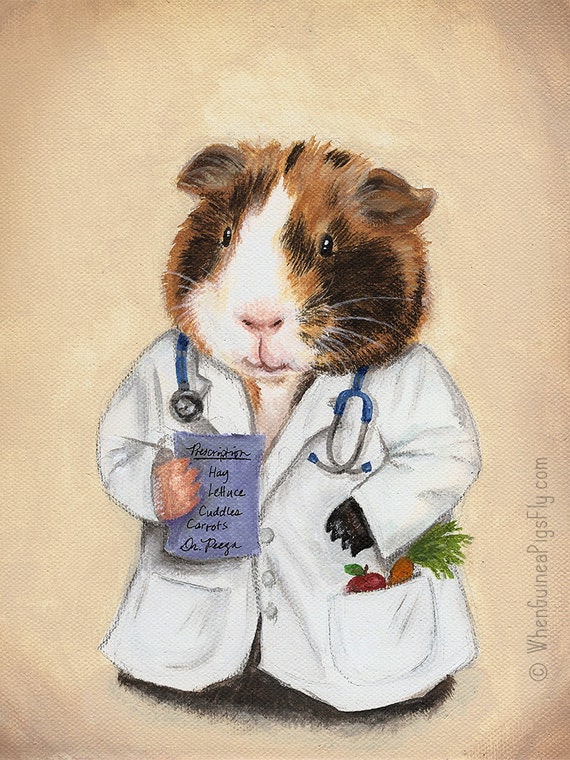
In conclusion, providing your guinea pig with the essential items they need is vital for their health and well-being. From a suitable cage and bedding to a balanced diet and grooming supplies, each item plays a crucial role in keeping your furry friend happy and healthy. With proper care and attention, your guinea pig will be a joyful addition to your family for years to come.
